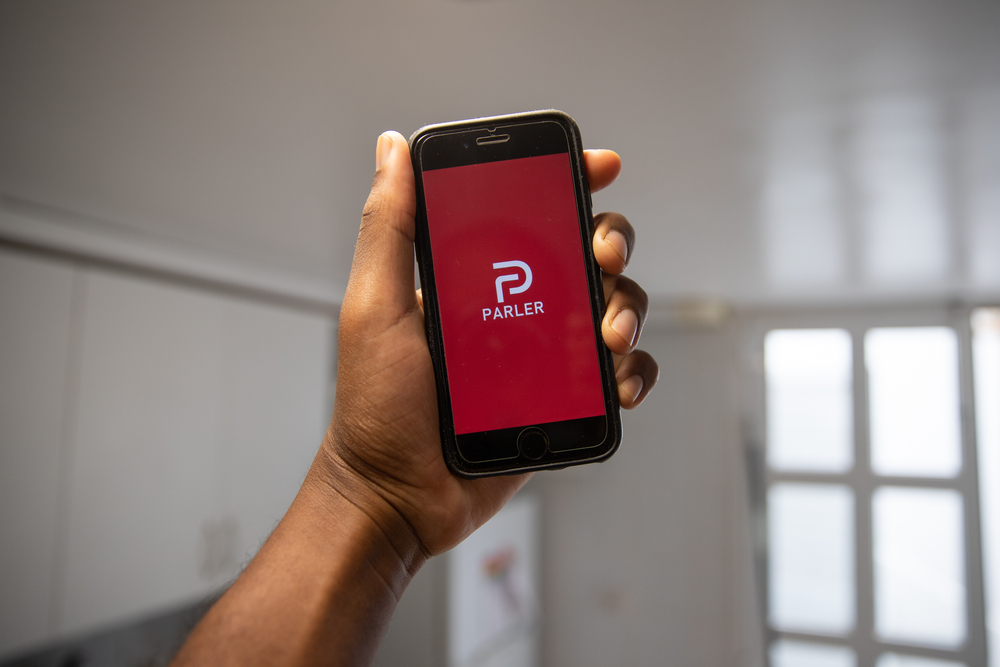Federal prosecutors have pressed charges against Filipe Martins, a senior advisor on international relations to President Jair Bolsonaro, for making gestures associated with white supremacist groups. When standing behind Senate President Rodrigo Pacheco during a March 24 Senate sitting, Mr. Martins appeared to give the “OK” hand gesture — a symbol which has recently become associated with extremism. The moment was caught on camera.
The presidential aide argued in his defense that he was merely adjusting his suit, though prosecutors said it was “not plausible to assume that the gesture was made naively”, given Mr. Martins’ deep knowledge of alt-right culture.
The Brazilian far-right has continuously borrowed the symbols, aesthetics, and language of the American alt-right. Even its communication tools are similar.
Earlier this year, Mr. Bolsonaro asked his followers to join Parler, a conservative-oriented social media website. The platform had been banned from Apple’s App Store and other internet hosting services after the January 6 U.S. Capitol riots, but was later reinstated.
A new study by think tank Fundação Getulio Vargas suggests the links between Brazilian extremists and their U.S. counterparts are deep. Researchers analyzed over 93.4 million publications posted on Parler between November 2020 and January 2021. They found that Brazilian users were the only group outside the U.S. to be active enough to constitute their own independent network — despite the platform being...


 Search
Search






































